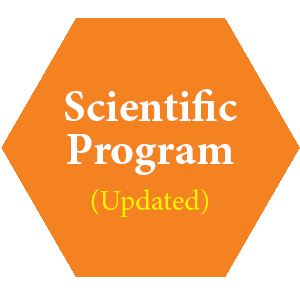
Yoo, Hyera
Ajou University, Republic of Korea
Title: Osteoporosis related Knowledge, Beliefs and Health Promotion Behaviors among Early Adult Working Women in Korea
Biography
Biography: Yoo, Hyera
Abstract
The purpose of this study was to examine Osteoporosis-related knolwedge, beliefs, and health promotion behaviors among Korean working women who are, especially, in early adulthood. Data was collected from September 1st to 30th, 2016. Instruments were as followed : Osteoporosis Knowledge Scale (Ailinger, Howard & Braun, 2003), The Osteoporosis Health Beliefs Scale (Kim, Horan & Gendler, 1991), and Health Promotion Behaviors Scale for Osteoporosis (Yoon, 2001). Participant crieria were: Women between 20 and 39 years old and working 8hrs/day, 5 days/week. 248 out of 250 questionnaires were collected from an university-affliated hospital, a middle-sized urban city, Korea. Ethical Consideration was approved by Institution of Research Center at an University Medical Center (MED-SUR-16-236). Descriptive Statistics and Pearson’s Correlation Coefficient were used to analyze data. Results : Participants in this study showed low level of Osteoporisis-related knowledge. They also showed that they were less susceptable to have Osteoporosis at their age, and the disease was not serious enough to do preventive behaviors from now on. However, they believed regular excercise or Calcium supplimentaty intake might be helpful to prevent the disease. They also reported there were no considerable barriers in doing regular excerice or taking Calcium suppliment if they intended to do so. Ironically, participants showed low scores of preventive behaviors such as regular excercise or Calcium intake. This study showed Osteoporosis-related knowledge was significantly related to health beliefs, and health promotion behaviors. Higher knolwedge level showed higher beliefs scores and higher preventive behaviors scores. Participats who had longer education years showed higher knolwedge score, significantly. Participants who lived with old parents showed higher knolwedge score than living their own family or alone. Conclusions: This study concluded that early adult women who are working eveyday, so that might be more suscptable to Osteoporosis after menopause did not know or consider the disease almost at all. Educational strategy for the target population to enhance knolwedge should be the first step to prevent occurence of the disease.

